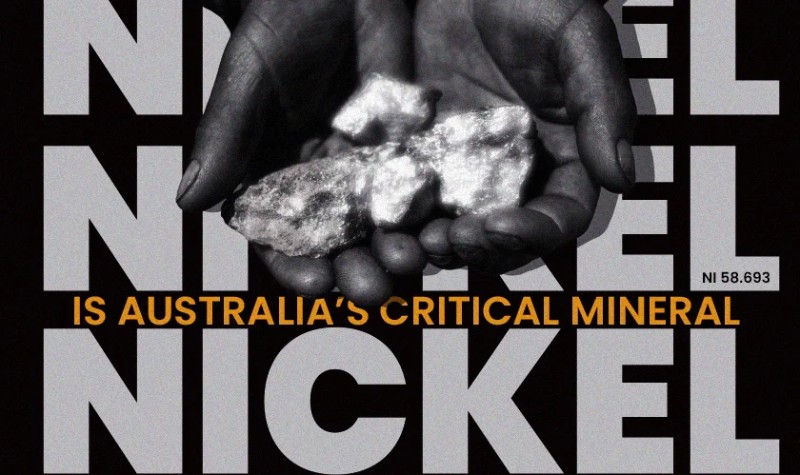
The Australian government has added nickel to its list of critical minerals as a result of the metal’s sharp decline in price.
Although the demand for nickel is still largely derived from the stainless steel industry, the metal is thought to be essential for the energy storage and batteries for electric vehicles (EVs) industries.
Pressures from the world economy are currently impacting demand in every sector. China, the Philippines, and Indonesia are causing a sizable supply overhang in the nickel market at the same time. The current mismatch between supply and demand is evident in nickel prices, which in mid-February fell to a level not seen in three years.
Australia is the sixth-largest producer of nickel in the world. Since December 2023, operations at six different nickel facilities in the nation—including First Quantum’s (TSX:FM,OTC Pink:FQVLF) Ravensthorpe nickel operation in Western Australia—have been curtailed or abandoned due to the adverse effects of the low nickel prices.
The country’s nickel mining industry was relieved to learn on Friday, February 16, that Australia’s government has decided to include nickel on its list of critical minerals.
The government’s A$4 billion Critical Minerals Facility and grants like the International Partnerships Program, combined with nickel’s critical mineral status, essentially make nickel companies eligible for funding.
Premier of Western Australia, Roger Cook, discussed the announcement on the radio, saying, “We have some levers around royalty relief and royalty rebates, and we’re looking at all options in terms of how we can support the industry.”
The government’s action has been well received by those involved in the nickel market as well.
According to Warren Pearce, CEO of the Association of Mining and Exploration Companies, which represents over 500 member companies from all over Australia, “adding nickel to the critical minerals list makes sense and signals the Commonwealth Government intentions to deliver financial support to an industry that is hurting badly.”
“It is pleasing to see both State and Federal Governments coming together to find bespoke measures that support projects still in operation, and those already in care and maintenance.”
Investing in companies with an excellent track record of paying dividends makes sense if you're… Read More
Many millennials feel that the American Dream is out of reach due to rising student… Read More
Every department in an organization needs to collaborate rather than operate independently in order to… Read More
Airlines cannot give you a voucher; they must return your money in cash or the… Read More
Investments from AWS are predicted to support new training initiatives for workforce development, local community… Read More
Interest rates are still supported by inflation, which is still obstinate as ever. In an… Read More